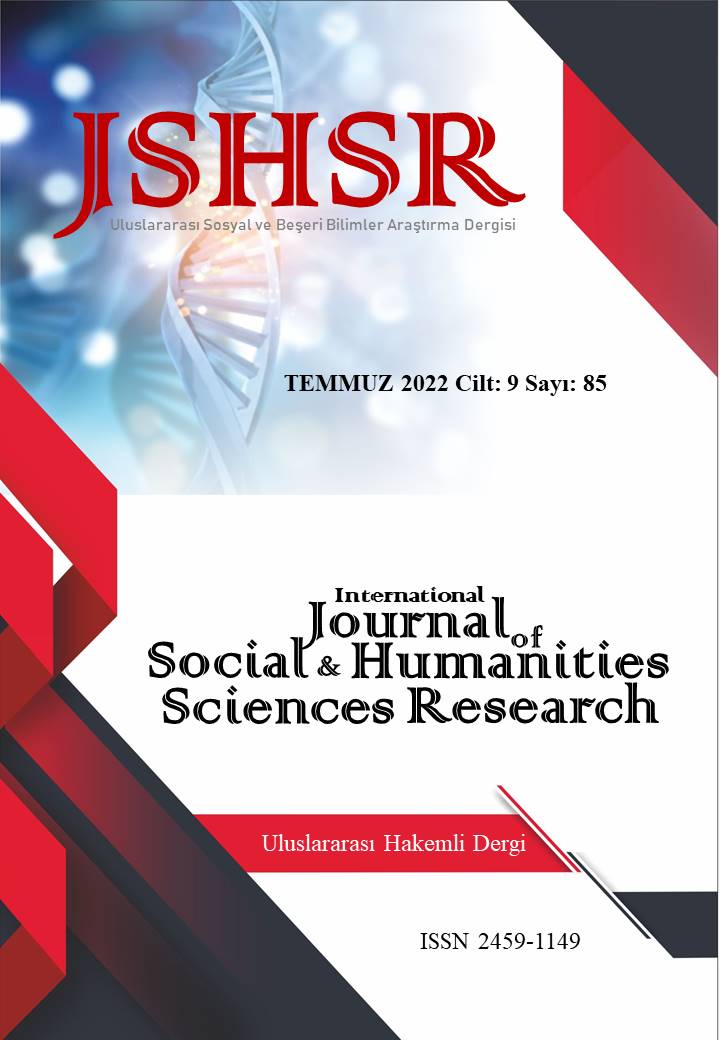INVESTIGATION OF CORPORATE TAX PLANNING EFFICIENCY: AN APPLICATION IN THE TURKISH BANKING SECTOR
DOI:
https://doi.org/10.26450/jshsr.3140Keywords:
Tax Planning, Corporate Tax, Tax Planning in Banking Sector, Effective Tax RateAbstract
The goal of this thesis is to use an econometric model to assess tax-planning effectiveness in the Turkish banking sector using both the Cash Effective Tax Rate and the Generally Accepted Accounting Principles Effective Tax Rate. The goal of this research is to determine tax planning based on the effective tax rate using both generally accepted accounting principles and the Cash Effective Tax Rate. As a result, it seeks to reveal which aspects are effective in Turkish banking tax planning. Using the financial data of 16 banks with public, private, and foreign capital functioning in the banking industry from 2015 to 2020, a logistic regression analysis was undertaken with two distinct tax-planning models. According to Cash Effective Tax Rate tax planning, there is a substantial association between tax planning in 16 banks and interest income, banking, payment selection option, the number of banks, interest income, banking, cash payment, sector account, and leverage data. A substantial association was discovered between interest income, the number of personnel, bank profitability, tax provision, pre-tax income, and sector share data and tax planning, according to Generally Accepted Accounting Principles Effective Tax Rate tax planning
Downloads
Published
How to Cite
Issue
Section
License
Copyright (c) 2022 INTERNATIONAL JOURNAL OF SOCIAL HUMANITIES SCIENCES RESEARCH

This work is licensed under a Creative Commons Attribution 4.0 International License.


